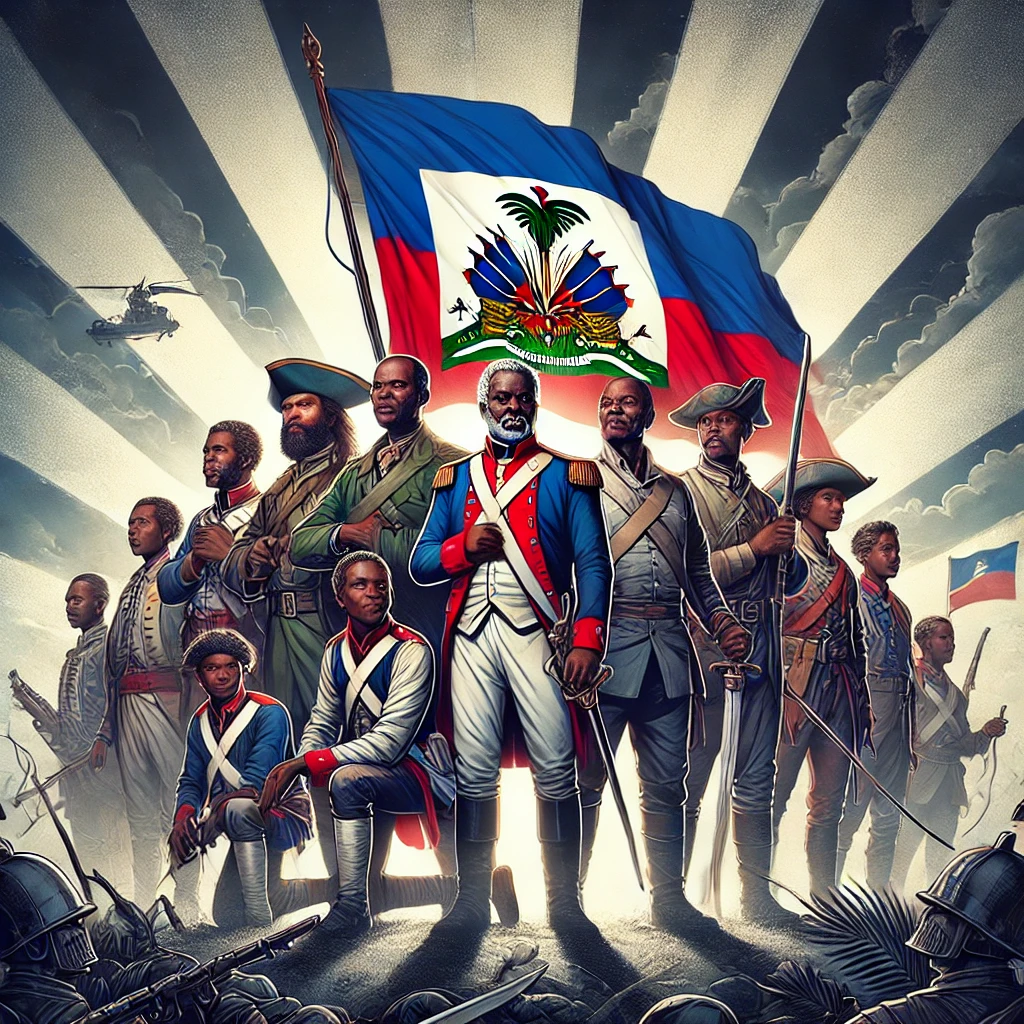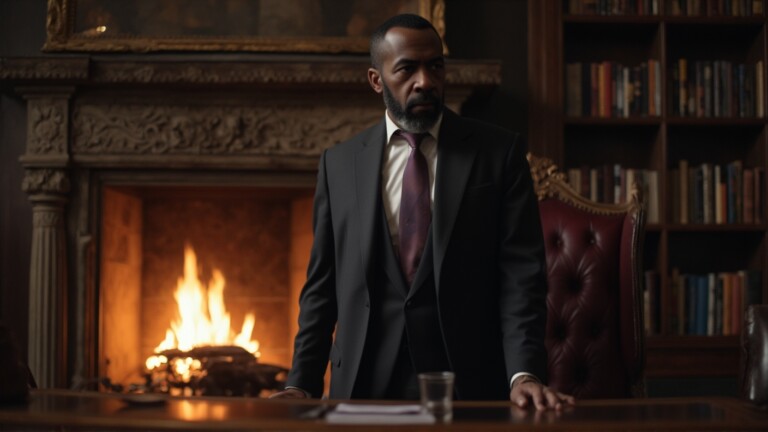
Haiti, the first independent Black republic in the world and the first nation to abolish slavery, stands as a symbol of resilience and freedom. Its rich and complex history begins long before its independence in 1804, tracing back to the arrival of Christopher Columbus, the horrors of colonization, and the revolutionary spirit of its heroes. Haiti’s story is one of courage, unity, and the relentless pursuit of liberty.
The Beginning: Christopher Columbus and Colonization
In 1492, Christopher Columbus arrived on the island known to its indigenous Taino inhabitants as Ayiti, meaning “land of high mountains.” Renaming it Hispaniola, Columbus claimed the island for Spain. The Taino people, who lived peacefully off the land, were quickly subjected to forced labor, violence, and disease, leading to their near extinction within a few decades.
By the early 17th century, the western part of the island fell under French control, becoming Saint-Domingue, one of the wealthiest colonies in the world due to its sugar, coffee, and indigo plantations. This prosperity, however, was built on the backs of enslaved Africans, who were subjected to brutal labor conditions under the Code Noir, a French decree that sanctioned the inhumane treatment of slaves.
The Roots of Revolution
By the late 18th century, the enslaved population of Saint-Domingue outnumbered the free population by nearly ten to one. Inspired by the ideals of the French and American revolutions, as well as their own unyielding desire for freedom, the enslaved people began organizing a rebellion.
On August 22, 1791, the spark of revolution was ignited with the Bois Caïman ceremony, a spiritual gathering led by Dutty Boukman, a Vodou priest, and Cécile Fatiman. This meeting laid the spiritual foundation for the uprising, marking the beginning of what would become the Haitian Revolution.
The Heroes of Haiti
The Haitian Revolution produced extraordinary leaders whose courage and vision forever altered the course of history.
1. Toussaint Louverture
Known as the “Black Napoleon,” Toussaint Louverture was a former slave who became the leader of the revolution. A brilliant military strategist and statesman, Louverture organized enslaved Africans into a disciplined army that resisted French, Spanish, and British forces. His leadership laid the groundwork for the eventual independence of Haiti. Though he was captured and died in a French prison in 1803, his legacy remains pivotal to the revolution.
2. Jean-Jacques Dessalines
A fierce and uncompromising general, Dessalines took over leadership after Louverture’s capture. It was Dessalines who led the final campaign against the French, defeating Napoleon’s troops—considered one of the strongest military forces of the time. On January 1, 1804, Dessalines declared Haiti’s independence, naming the country after its Taino roots. He also authored the Acte de l’Indépendance, the document that formally severed ties with France.
3. Henri Christophe
Christophe was another key leader of the revolution, known for his valor and ability to inspire troops. After independence, he became Haiti’s first king, focusing on building a stable and self-reliant nation. His legacy includes the construction of the Citadelle Laferrière, a massive fortress symbolizing Haiti’s determination to defend its hard-won freedom.
4. Capois-La-Mort
A legendary figure in Haitian history, Capois-La-Mort epitomized bravery during the Battle of Vertières, the final confrontation between Haitian forces and the French army. Despite heavy fire, he continued leading his troops, famously saying, “Chargez!” (Charge!) as bullets flew around him.
5. Marie-Jeanne Lamartinière
One of the few known women warriors of the revolution, Marie-Jeanne fought valiantly alongside male soldiers. Her courage in battle exemplified the vital role women played in Haiti’s fight for independence.
Defeating the World’s Strongest Military Forces
The Haitian Revolution is remarkable not only for its outcome but also for the odds it overcame. The enslaved Africans in Saint-Domingue defeated not just the French but also the Spanish and British forces who sought to claim the colony.
The revolutionaries used guerrilla warfare, drawing on their knowledge of the land and their collective resilience. Leaders like Toussaint Louverture and Dessalines skillfully coordinated their forces, turning the diverse and often divided population of enslaved people, freedmen, and maroons into a unified front.
Napoleon Bonaparte’s army, sent to re-establish French control, was decimated by both the revolutionaries and tropical diseases like yellow fever. By November 18, 1803, at the Battle of Vertières, the Haitian forces delivered the final blow, securing their independence.
January 1, 1804: A Day of Freedom
On January 1, 1804, Jean-Jacques Dessalines proclaimed Haiti’s independence in Gonaïves. This moment was unprecedented: Haiti became the first nation to abolish slavery and the first independent Black republic.
For Haitians, January 1st is not only a day of national pride but also a time to reflect on the sacrifices of their ancestors. It is a day to celebrate freedom, resilience, and the enduring spirit of a people who defied the odds to shape their destiny.
Haiti’s Enduring Legacy
Haiti’s revolution sent shockwaves across the world, inspiring other enslaved peoples and challenging the global systems of oppression. Despite the challenges the country has faced since independence, the spirit of its heroes lives on in its culture, traditions, and people.
Today, Haitians honor their history not only through celebrations like Independence Day but also through everyday acts of resilience and creativity. The legacy of Louverture, Dessalines, and others reminds the world that the pursuit of justice and equality is both timeless and transformative.
Haiti’s story is not just a Haitian story—it is a human story, one that reminds us of the power of unity, courage, and the unyielding desire for freedom.





